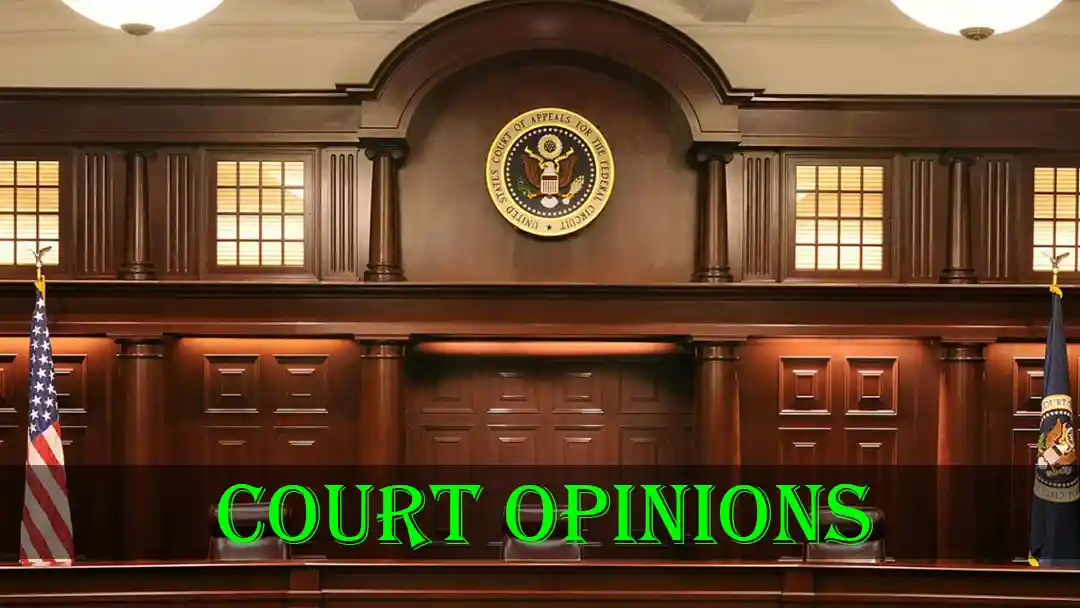
These files are, according to their source, pulled directly from the US Register's Bound Volumes. You should always verify against the Bound Volumes, as the Bound Volumes in thier published book form are the definitive source if any descrepencies arise, see U.S. Reports.
Each of the bound volumes that are available in PDF form contain all of the cases for a given year. The first number in the case citation, "391" in Levy for instance, refers to the bound volume in which the opinion is published. The "US" indicates that the number is referencing the final Bound Volume version of a Supreme Court opinion. And the number immediately after the "US," "68" in Levey, indicates the first page number on which the named opinion begins.
- Levy v. Louisiana, 391 US 68 (Supreme Court 1968)
- Meyer v. Nebraska, 262 US 390 (Supreme Court 1923)
- New Jersey Welfare Rights Organization v. Cahill, 411 US 619 (Supreme Court 1973)
- Parham v. JR, 442 US 584 (Supreme Court 1979)
- Prince v. Massachusetts, 321 US 158 (Supreme Court 1944)
- Quilloin v. Walcott, 434 US 246 (Supreme Court 1978)
- Richardson v. Morris, 409 US 464 (Supreme Court 1973)
- Santosky v. Kramer, 455 US 745 (Supreme Court 1982)
- Stanley v. Illinois, 405 US 645 (Supreme Court 1972)
- Troxel v. Granville, 530 US 57 (Supreme Court 2000)
- Washington v. Glucksberg, 521 US 702 (Supreme Court 1996)
- Weber v. Aetna Casualty & Surety Co., 406 US 164 (Supreme Court 1972)
- Wisconsin v. Yoder, 406 US 205 (Supreme Court 1972)


























